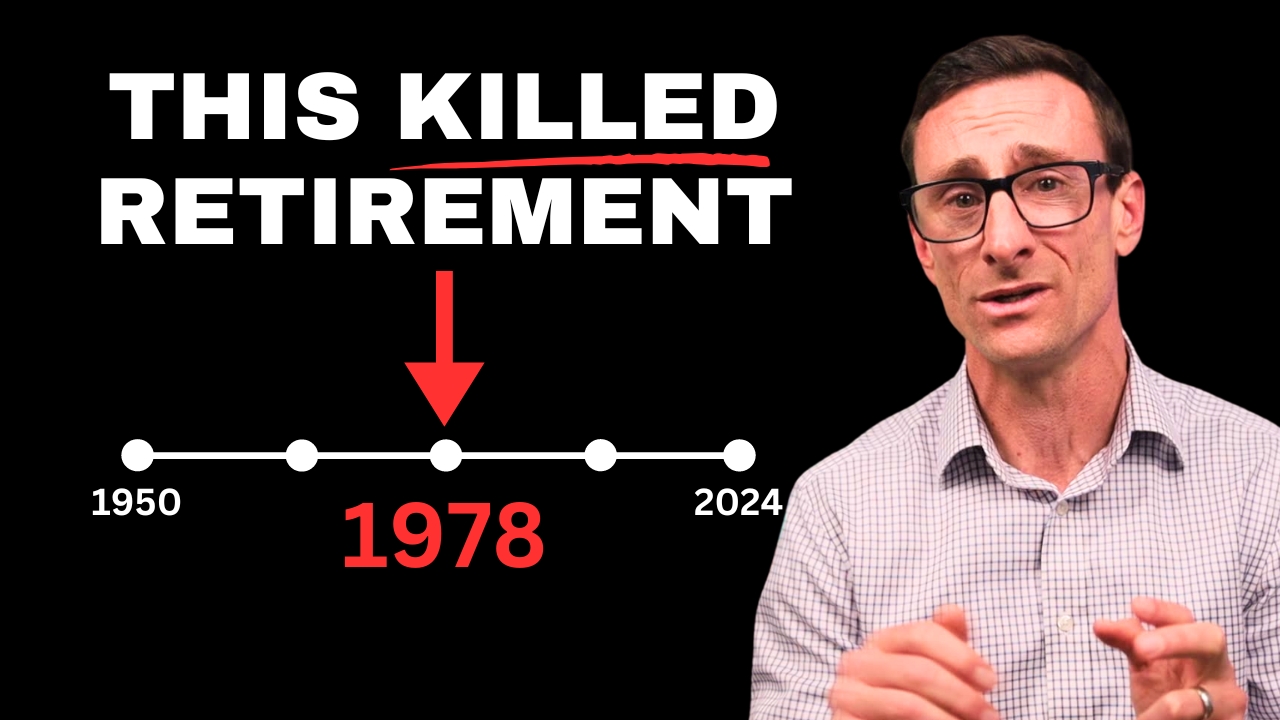With retirement planning, the focus often falls on saving enough money for the golden years. However, there’s a lesser-known challenge that can significantly impact retirees’ financial well-being: taxes. In this guide, we’ll delve into the importance of strategic tax planning for retirement, using the case study of James and Emma.
Resources:
- FREE RETIREMENT READINESS REPORT
- How to Never Run Out of Money in Retirement (Avoid These 5 Things!)
The Retirement Landscape in America:
Since the introduction of retirement savings vehicles like 401(k)s and IRAs in the late 1970s, Americans have diligently saved for their retirement years. However, despite the substantial funds invested, many retirees face unforeseen tax challenges that can erode their savings.
Assessing Net Income:
Retirees like James and Emma rely on various sources of income, including Social Security, 401(k)s, and IRAs. However, what they see in their accounts isn’t necessarily what they’ll get, as taxes can take a significant bite out of their retirement savings.
Strategic Tax Planning:
To mitigate the impact of taxes, retirees can employ a strategic tax planning approach. This involves mapping out future life events, such as Medicare enrollment and Social Security benefits, to optimize tax efficiency.
Tax-Efficient Withdrawal Strategy:
A key component of strategic tax planning is implementing a tax-efficient withdrawal strategy. By prioritizing withdrawals from different types of retirement accounts, retirees can minimize their tax liabilities over time.
Conversion to Roth IRAs:
One effective strategy is converting traditional IRA assets into Roth IRAs during years with lower tax rates. While this incurs upfront taxes, it allows retirees to enjoy tax-free withdrawals in retirement, ultimately reducing their overall tax burden.
Illustrating Tax Savings:
By applying these strategies to the case of James and Emma, we can see tangible tax savings over their retirement years. Comparing the default withdrawal plan with the new strategy reveals significant tax savings and increased net income for the retirees.
Conclusion:
In summary, strategic tax planning is essential for maximizing retirement income and preserving savings for the future. By understanding the tax implications of various income sources and implementing tax-efficient strategies like Roth conversions, retirees can enjoy a more financially secure retirement. To tailor these strategies to your unique situation, consider consulting with a financial advisor who can provide personalized guidance and support.
The Retirement Recap
Join the 964+ other retirees and get weekly articles and videos to help you retire with confidence.
Subscribers also gain access to our private monthly client memo.
This does not constitute an investment recommendation. Investing involves risk. Past performance is no guarantee of future results. Consult your financial advisor for what is appropriate for you. Disclosures: https://onedegreeadvisors.com/solutions/#disclosures
